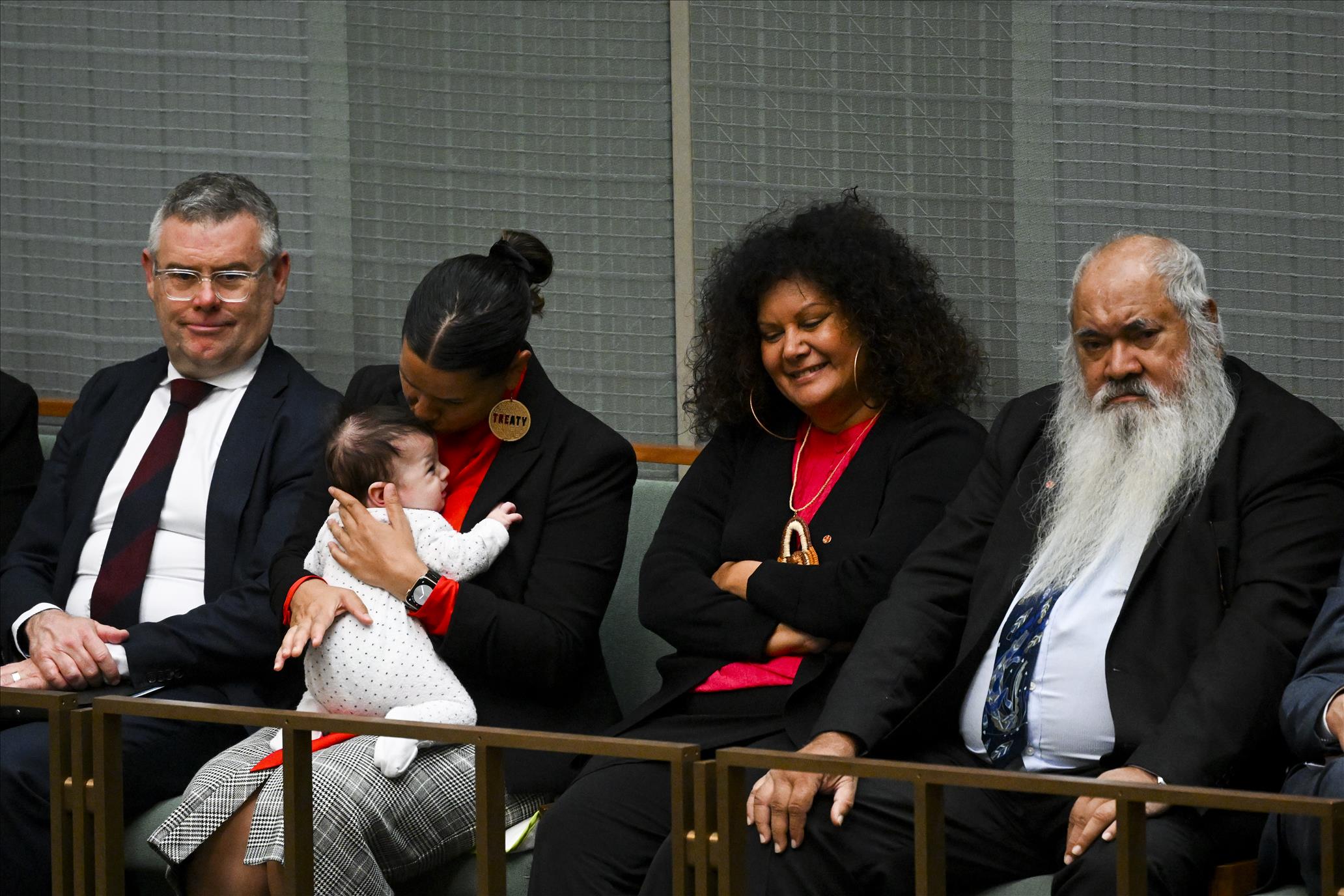(MENAFN- The Conversation) opponents of an Indigenous Voice to parliament say the Voice is merely symbolic and another pointless layer of bureaucracy. They say that what is needed are“practical measures”.
However decades of government-led“practical measures” have achieved little measurable progress and in some cases, caused considerable harm to Indigenous communities. So the question is, will the Voice, in delivering Indigenous perspectives direct to parliament, make any practical difference to outcomes for Indigenous peoples?
Indigenous people have long been calling for more Indigenous-informed solutions. The current debate on alcohol bans in the Northern Territory is just one recent example.
our research has found including the perspectives of Indigenous people can disrupt long-held assumptions behind previously accepted policy measures. This indicates mechanisms such as the Voice could help deliver better policy by building better understanding of Indigenous affairs.
We did 180 interviews with 44 Indigenous people in Darwin from diverse socio-economic, age, and gender groups. They spoke about aspects of Australian society they perceive to be harmful to race-relations, and therefore to the wellbeing of Indigenous peoples.
This kind of attention to Indigenous perspectives is central to the proposed structure of the Voice. The current design proposal ensures local and regional voices will have their say.
Read more: the 1881 maloga petition: a call for self-determination and a key moment on the path to the voice
Whose voices are currently being heard in parliament?
Australia's public and policy spaces are dominated by white Australians, who make up nearly all decision-makers and trusted authorities. By comparison, Indigenous people are underrepresented in every major sphere of influence. This results in top-down, paternalistic policies that have little connection with the reality of Indigenous peoples' lives.
Studies show that when political discourse and policy development is dominated by one group's experiences and worldview, it results in racial biases and blind spots. This limits policy discussions and proposed solutions. Failure to incorporate Indigenous perspectives has contributed to decades of misinformed , ineffective policy. The northern territory intervention is a prime example.
One of the participants of our research reflected on this, saying:
Indigenous voices are important to policy
The observations of the participants in our research illustrate how the lived experience of Indigenous peoples can better inform policies about what issues need to be addressed.
For example, our study found the broader population's ignorance of Indigenous people was one of the standout problems brought up by participants. This includes ignorance of Indigenous cultures, Australian history, and the complexities of its consequences for Indigenous peoples. Participants said they feel there is a low awareness of the extent of this ignorance in the non-Indigenous population.
One participant stated:
It is their experience that this ignorance contributes to racist and culturally unsafe attitudes and behaviours - the harms of which are well documented . Participants said their response to this is to disengage and withdraw from spaces dominated by non-Indigenous people. This includes spaces of education, employment, and essential services. This is an issue because it is often assumed, based on misguided stereotypes, that Indigenous people are unmotivated to engage in education and employment. However unsafe environments are a contributing factor.
From this perspective, policies focused on increasing Indigenous participation - including through punitive measures - misunderstand the nature of the problem. Instead, education measures to“close the gap” in Indigenous health and wellbeing need to be broadened to include education of the non-Indigenous population in the areas identified above.
The participants' perspectives raise many challenges to current policy, and state what is needed is not for Indigenous people to become more like white Australia but for there to be a mutual appreciation of the value of both worldviews and to find ways to work together.
Read more: the voice referendum: how did we get here and where are we going? here's what we know
The Voice could be good policy
The views of the research participants confirm the goals of the uluru statement from the heart : if policy is to succeed, it must respond to the lived experience of Indigenous peoples.
Our research suggests Indigenous people need to be given space to speak frankly about their lives and for their views to be heard by policy makers. This creates opportunity for better-informed policies and systemic change.
Indigenous people have long demanded a voice to inform policies that affect them. Since invasion, their perspectives have largely been excluded, with disastrous consequences .
The referendum is the result of enormous grassroots efforts by Indigenous people to achieve this basic right. By establishing a national platform that delivers Indigenous voices direct to parliament, the Voice could finally achieve this.



















Comments
No comment